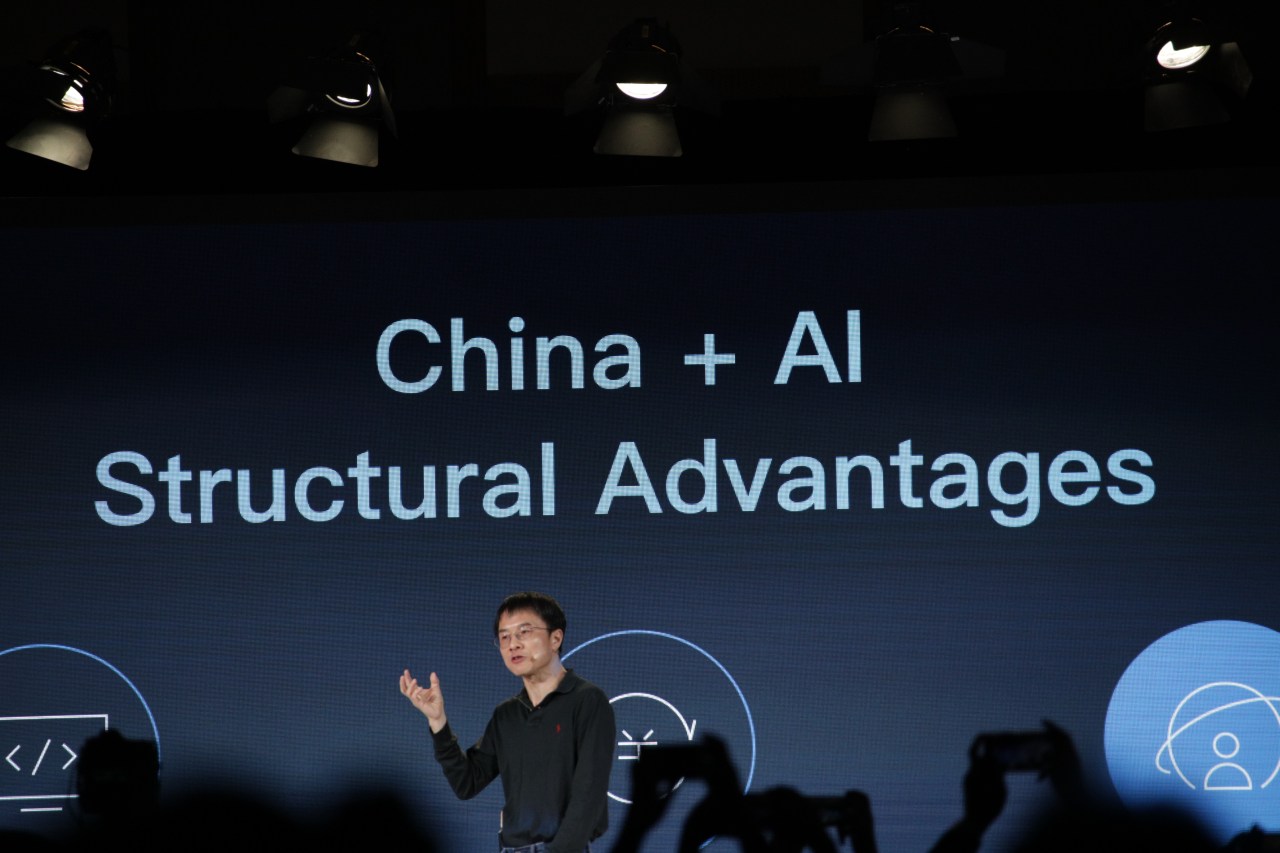In recent times, the AI sphere has been buzzing with innovation, and it appears that Baidu, the heavyweight of China’s tech landscape, aims to carve its own niche in the chatbot domain. Following the explosive rise of OpenAI’s ChatGPT, Baidu has announced plans to introduce its own counterpart—an endeavor poised to redefine not only its business trajectory but also the broader narrative of AI development in China.
The Push for Digital Sovereignty
Baidu’s motivation for creating a localized chatbot resonates with the growing emphasis on digital sovereignty. This emerging concept reflects a nation’s quest to steer its own digital future, ensuring control over critical software, hardware, and essential components within the AI ecosystem. In an environment where U.S. tech export limitations loom large, Beijing is fostering an urgent demand for self-reliance and strategic innovation in artificial intelligence.
- China’s leadership is increasingly recognizing that local tech firms must offer alternatives to foreign technologies.
- Efforts are underway to empower homegrown AI products that are not only compliant with local regulations but also resonate with domestic cultural and societal norms.
The Role of Customization in Chatbots
While Baidu’s chatbot is set to debut integrated within the firm’s search engine, it is crucial to highlight how it distinguishes itself from its Western counterparts. Beyond merely generating responses, the chatbot’s capability hinges on understanding the intricate tapestry of Chinese culture and social dynamics. Having been trained on a myriad of data sources, including material from beyond China’s Great Firewall, its performance will likely depend on its ability to balance regulatory compliance with ensuring creativity and freedom for users.
Technological Foundations and Challenges
The backbone of Baidu’s new chatbot lies in a core algorithm first developed by Google in 2017. Adaptations of such open-source pieces combined with Baidu’s proprietary technology could set the stage for engineering a more responsive AI assistant. However, the technology landscape is fraught with challenges, especially concerning hardware advancements.
- Chip Sanctions: The hurdles posed by U.S. chip sanctions may complicate hardware access for Chinese AI firms, but Baidu remains optimistic about its existing chip inventory and its in-house Kunlun AI chip.
- Algorithm Efficiency: As Baidu navigates these obstacles, improving algorithms to maximize performance could also alleviate some hardware dependency.
User Interaction: The Key to Continuous Improvement
The evolution of any AI system is heavily reliant on user interaction and feedback. A pivotal factor for Baidu’s chatbot success lies in its ability to learn and adapt through real-time user inputs. By encouraging users to provide feedback—such as thumbs up or down—the chatbot can continually refine its responses, ultimately leading to improved natural language understanding.
The Demand Landscape for AI in China
Despite the technological advancements, there’s an interesting perspective shared by Ella Zhang, CEO of IMGCreator, regarding the current demand for AI chatbots in China. Given that human labor remains relatively inexpensive, companies might prefer direct human interaction over costly AI systems for customer service roles. This scenario is likely to shift in the years to come as China grapples with declining labor advantages amid population trends.
The Road Ahead
Baidu’s concerted efforts to develop a competitive chatbot marks a significant pivot not just for the company, but for the entire Chinese technology ecosystem. As it strides into the world of AI, challenges inevitably linger—regulatory hurdles, cultural sensitivities, and the quest for data integrity will all play pivotal roles in shaping its outcome. Nevertheless, the potential to create an intelligent system that resonates with local users remains a tantalizing prospect.
At fxis.ai, we believe that such advancements are crucial for the future of AI, as they enable more comprehensive and effective solutions. Our team is continually exploring new methodologies to push the envelope in artificial intelligence, ensuring that our clients benefit from the latest technological innovations.
Looking forward, Baidu’s chatbot could set a benchmark in translating AI innovations into real-world applications while navigating the complex digital landscape of China. For more insights, updates, or to collaborate on AI development projects, stay connected with fxis.ai.

